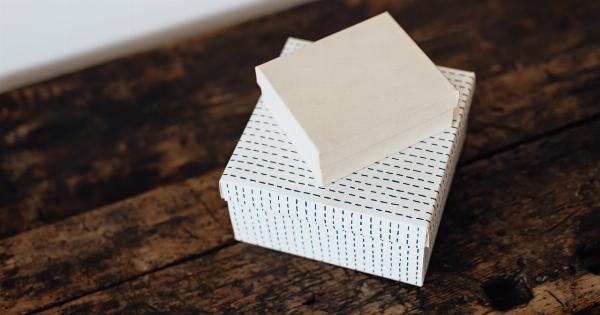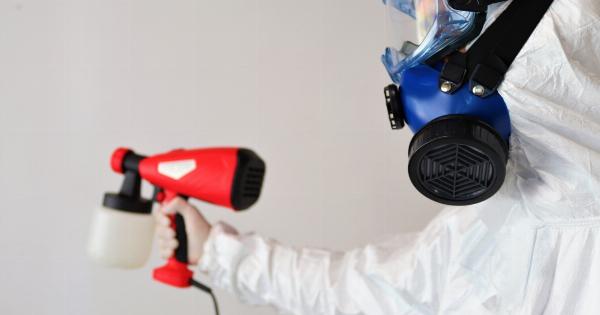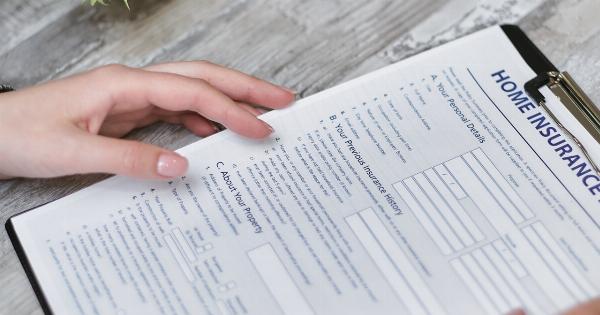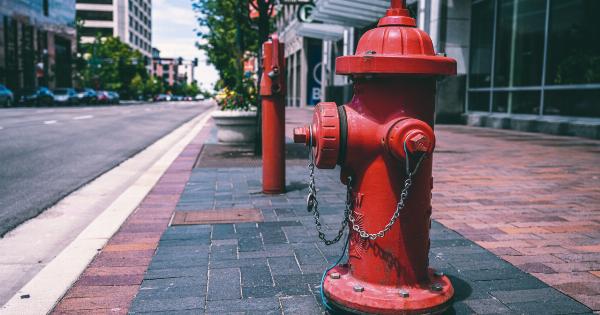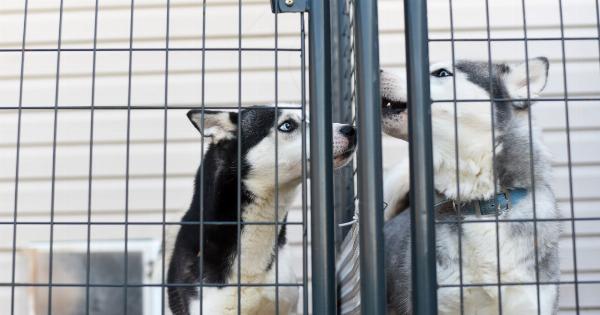Home insurance provides peace of mind and financial protection against unexpected events that could damage or destroy your home.
However, many homeowners make common mistakes that could potentially void their insurance policies, leaving them vulnerable to significant financial losses. In this article, we will highlight 11 things that could void your home insurance, helping you stay protected and ensuring that your coverage remains valid.
1. Failure to Disclose Changes in Property Use
When purchasing a home insurance policy, it is crucial to accurately disclose the type of property use.
Failing to notify your insurance provider about changes in the property’s use, such as converting it into a rental property, could void your coverage. Different property uses carry different risks, and insurance policies are tailored accordingly.
2. Neglecting Regular Home Maintenance
Maintaining your home in good condition is essential not only for your comfort but also for ensuring that your insurance coverage remains valid.
Neglecting regular maintenance tasks, such as fixing leaks or addressing structural issues, could void your insurance if damages occur as a result of negligence or lack of upkeep.
3. Unauthorized Property Upgrades
While upgrading your property might increase its value or improve its aesthetics, certain upgrades may affect your insurance coverage.
Unauthorized upgrades that have not been disclosed to your insurance provider, such as installing a swimming pool or a new heating system, could void your policy if they increase the risk of accidents or property damage.
4. Leaving Unoccupied Property Unattended
If your home remains unoccupied for an extended period, it is crucial to inform your insurance provider. Neglecting to notify them about the property being unoccupied for over a specified period, typically 30 days, could result in voiding your coverage.
Many insurance policies require additional safeguards for unoccupied properties, such as regular inspections and security measures.
5. DIY Renovations and Repairs
While do-it-yourself (DIY) projects can be cost-effective and satisfying, they could also pose risks to your home insurance coverage.
Undertaking major renovations or repairs without proper permits, licenses, or professional assistance might lead to insurance providers not honoring claims resulting from damages caused by your DIY projects.
6. Inadequate Security Systems
Home security systems can significantly reduce the risk of theft and property damage, resulting in potential insurance premium discounts.
However, failing to maintain or update your security system as required by your insurance policy or neglecting to activate it before leaving can void your coverage. Make sure you understand your policy’s requirements regarding security system usage and keep it in compliance to stay protected.
7. Ignoring Fire Safety Measures
Fire safety is a critical aspect of home insurance coverage.
Failure to comply with fire safety measures outlined by your insurance policy, such as not installing smoke detectors or fire extinguishers, could void your coverage in case of fire-related damages. Always ensure your property meets the necessary fire safety requirements and keep documentation as proof.
8. Unreported Pet Ownership
Pets can bring joy to our lives, but they can also create liabilities. Some insurance policies have specific restrictions or exclusions related to certain breeds or types of pets.
Failing to disclose pet ownership and any related risks to your insurance provider can lead to a voided policy if damages or injuries occur due to your pet’s actions.
9. Smoking Inside the Property
Smoking poses significant fire risks, increasing the likelihood of accidental house fires. If you smoke inside your property and fail to disclose this to your insurance provider, your home insurance policy may be voided in case of fire damages.
It is crucial to be transparent about smoking as it significantly affects your coverage and potential claims related to fire incidents.
10. Non-Disclosure of Previous Claims or Cancellations
When applying for a new home insurance policy, it is essential to disclose any previous insurance claims or cancellations. Failing to provide accurate information about your claims history can result in voiding your policy.
Insurers need to assess your risk profile, and any deliberate omissions may be considered fraudulent activity.
11. Switching Insurance Providers Mid-Claim
If you experience damages and file a claim with your current insurance provider, switching to a different provider mid-claim can lead to complications and potential policy voidance.
It is advisable to review and switch insurers during renewal periods to avoid any disputes or disruptions in claim settlements.
Staying informed about the factors that could void your home insurance is crucial for every homeowner. By avoiding these common mistakes, you can ensure that your coverage remains intact.
Remember to regularly review your policy, communicate any changes or upgrades to your insurance provider, and stay proactive in maintaining a safe and secure home.

